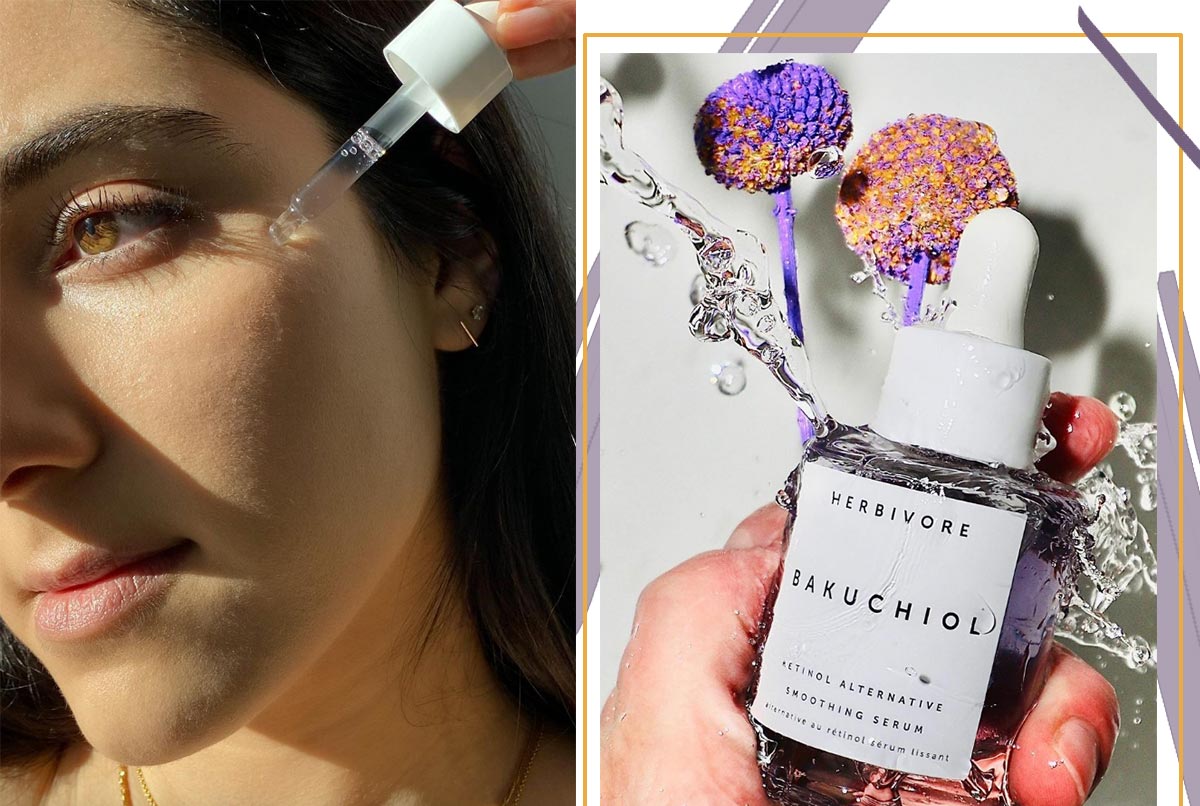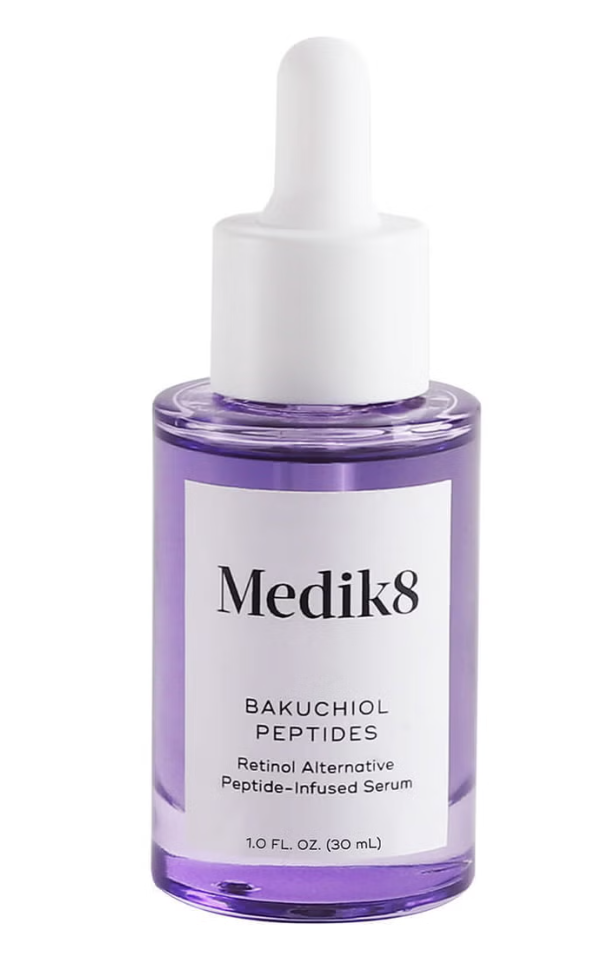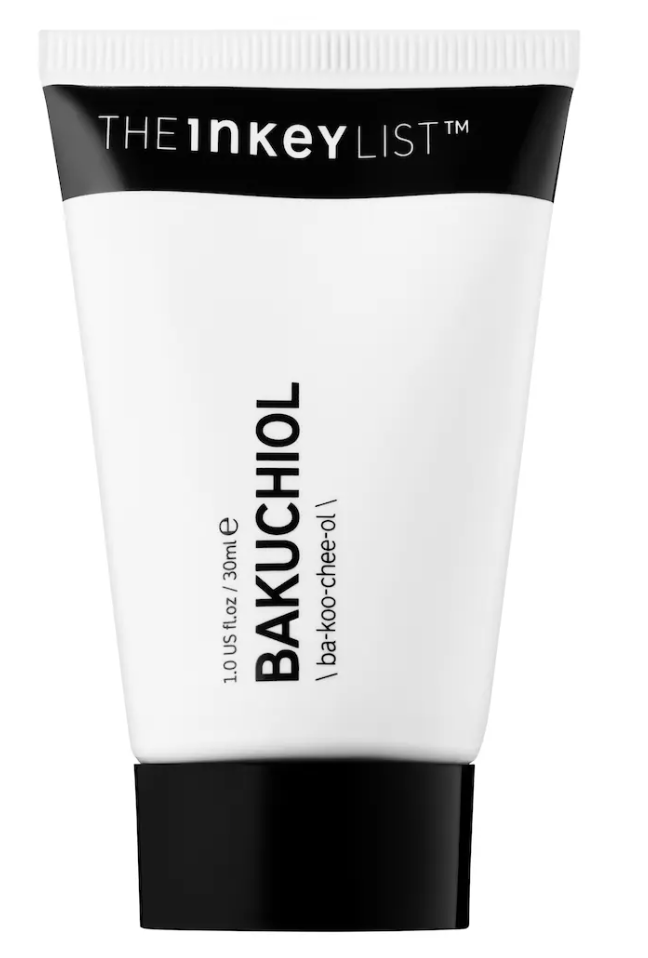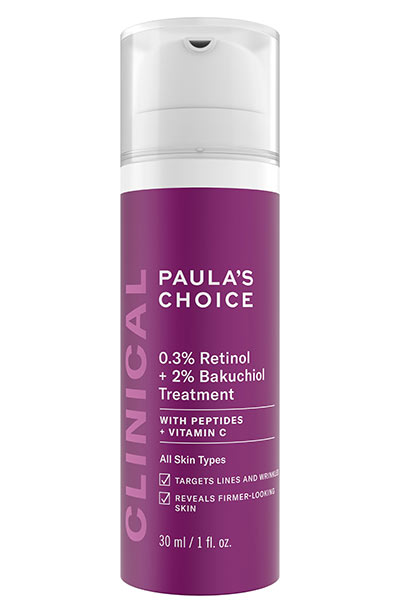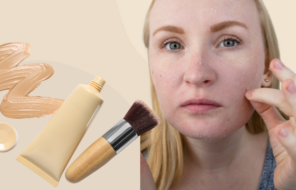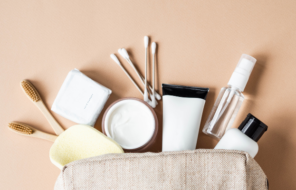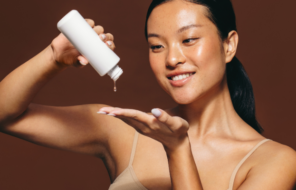Bakuchiol has been big on the skincare scene for a few good years now. Natural beauty enthusiasts and scientifically-minded skincare addicts alike have fallen in love with this soothing, anti-aging skincare ingredient that is said to rival retinol.
But does bakuchiol live up to the hype? And should it be in your skincare routine? We’re pretty enthusiastic about this new, natural ingredient, but we also try to be realistic. In this post, we explain exactly what bakuchiol is, how it works, and what science says. Then, we’ll give some advice and tips for actually adding it to your routine.
What is bakuchiol and how is it sourced?
Bakuchiol is a unique chemical compound that’s isolated from the seed extract of the Psoralea corylifolia (Babchi) flower. Babchi has many uses as a medicinal plant in both Indian and Chinese medicine traditions, and bakuchiol was first derived from it in 1966.
Bakuchiol is considered a meroterpene (a chemical compound that’s part terpene, part phenol), as well as a phytoestrogen (i.e. an ingredient with estrogen-like functions).
While bakuchiol is famous because it’s so frequently compared to retinol, the reality is that the comparison isn’t really necessary (we’ll discuss that in more detail further below). This plant-based ingredient is probably more impressive when examined on its own merits. If anything, it has more similarities to grape-derived resveratrol, which is another popular ingredient in skincare.
It has potent antioxidant activity, which is what we want in every anti-aging product. It may also have some regulatory effects that allow it to improve collagen production in the skin. It also has some anti-inflammatory effects, which is a big part of the reason why it’s so popular in traditional medicine.
Finally, it exhibits some antibacterial effects, and a very recent study suggests that it might even be an effective treatment for mild acne.
Bakuchiol may also have real healthcare applications in the future, especially as a breast cancer treatment.
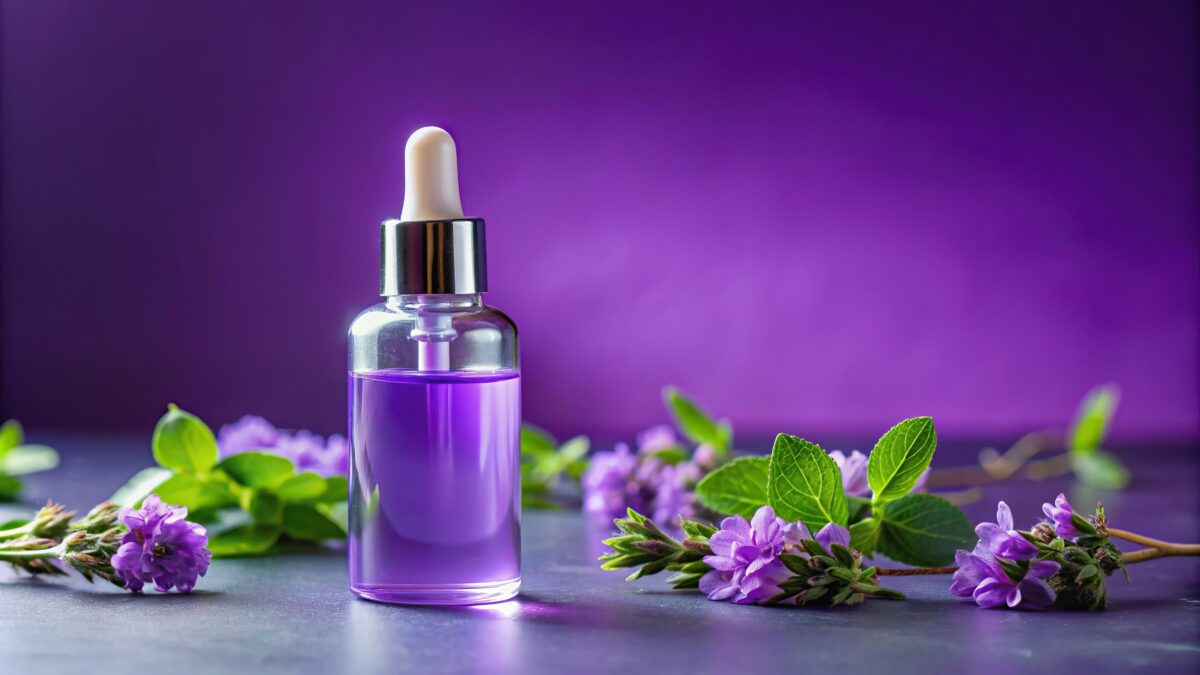
Bakuchiol Benefits for Skin
So, what is bakuchiol good for? Here are its main skin benefits, discussed in more detail.
Anti-Aging
Bakuchiol packs a double-punch as an anti-aging ingredient. First of all, it has a preventative effect because of its antioxidant abilities. This means that it protects the skin from the external factors that cause premature aging.
Secondly, studies have shown that it can also help with existing signs of skin aging, at least in the short term. After 12 weeks of twice-daily use, participants saw a reduction in wrinkles and other types of photodamage. While it’s not clear what the results would be in the long term (nor do we know anything about participant baseline), in the short, term you may notice your skin looking a little smoother and more youthful!
Mild and Soothing
Bakuchiol is often recommended as a gentle alternative to retinol, but it actually goes a little further than that. Not only is it not likely to irritate the skin, but it also has its own soothing effect.
Bakuchiol has an anti-inflammatory effect that has been relatively well studied in animal and synthetic models. While we don’t have any research on humans that shows its anti-inflammatory effects, many users do find that it helps to reduce irritation in their skin.
Targets Hyperpigmentation
Not only does bakuchiol help reduce fine lines, but it also helps with other signs of photodamage, like hyperpigmentation. The same study we cited earlier mentions that after 12 weeks of use, bakuchiol also seemed to reduce the severity of dark marks on the skin. Another study showed that it could also reduce the pigmentation from post-acne marks.
Acne-Fighting
We don’t usually think about the impact anti-aging ingredients will have on acne, but in this instance, it’s worth considering. As it turns out, bakuchiol can also be a nice addition to an acne-fighting routine.
A recent study tested a cream with 0.5% bakuchiol on 13 subjects with mild and moderate acne. After 12 weeks, there was a noticeable reduction in both breakouts and post-inflammatory hyperpigmentation. It was a pilot study without a control group or comparisons, so we don’t know how bakuchiol would compare to other acne treatments, but this is still exciting news for those wanting to add some anti-aging ingredients to an anti-acne routine!
No Conflicts
Organizing a skincare routine can be difficult, especially if your products are filled with actives that might not play nicely together. The great thing about bakuchiol is that it works beautifully in conjunction with just about any routine. It can be used at any time of the day, in combination with exfoliants, skin rejuvenators, and acne treatments.

Is bakuchiol better than retinol?
Bakuchiol is often recommended as a gentle and even better alternative to retinol. In reality, we think the two ingredients are actually quite different.
To quickly summarize, retinol is a type of vitamin A that has been an anti-aging staple for decades. Once on the skin, it slowly converts to tretinoin, a more potent form of vitamin A, and has a wide range of anti-aging, brightening, and skin-smoothing effects.
One of the ways that it works is by increasing the skin turnover rate to boost new skin cell production. Retinol hasn’t undergone the same level of research as tretinoin when it comes to suppressing acne, but many users find that it helps with that, as well.
The reason why bakuchiol and retinol are so often compared is because of a 2014 study that calls bakuchiol a “functional analog of retinol.” The researchers explain that bakuchiol shows the same collagen-stimulating effects as retinol when used in vitro (in other words, on synthetic skin or collagen fibroblasts rather than on live skin).
A few studies also compared the same ingredients, one-to-one, on human subjects. After 12 weeks, they saw similar effects on various signs of photoaging, including fine lines, wrinkles, and hyperpigmentation. The key difference is that bakuchiol was less likely to irritate the skin.
Sounds amazing, no? Well, it’s not quite so simple.
While these studies are definitely promising, the reality is that retinol is expected to show results over the very long term. Without a study comparing the two ingredients for years, it’s hard to really say that bakuchiol is exactly as anti-aging as retinol. We’d guess that in the long term, retinol would be the winner, but without the research, it’s impossible to say for sure. Moreover, as some experts note, there were also some methodological issues with the studies that suggest that the comparison isn’t a clean one.
All of this is to say that we don’t even think bakuchiol needs to be a retinol alternative. The two ingredients don’t have any negative interactions, which is why brands like Paula’s Choice have released products that contain both! You can definitely opt for bakuchiol if retinol doesn’t work for you, but otherwise, we wouldn’t suggest making the switch. Instead, why not use both?
Who should use bakuchiol?
Almost everyone can benefit from having bakuchiol in their skincare routine. It’s a gentle ingredient with a variety of benefits, and it can help with a very wide range of skin concerns. It’s fine to use, no matter your skin type or skin concerns.
The ideal candidates for bakuchiol are primarily looking for anti-aging effects but want to avoid any intense active ingredients. Maybe you already have a lot of actives in your routine, or maybe you just have sensitive skin.
It’s also a nice choice for those with adult acne who want a two-in-one treatment that’ll help combat both premature aging and breakouts.
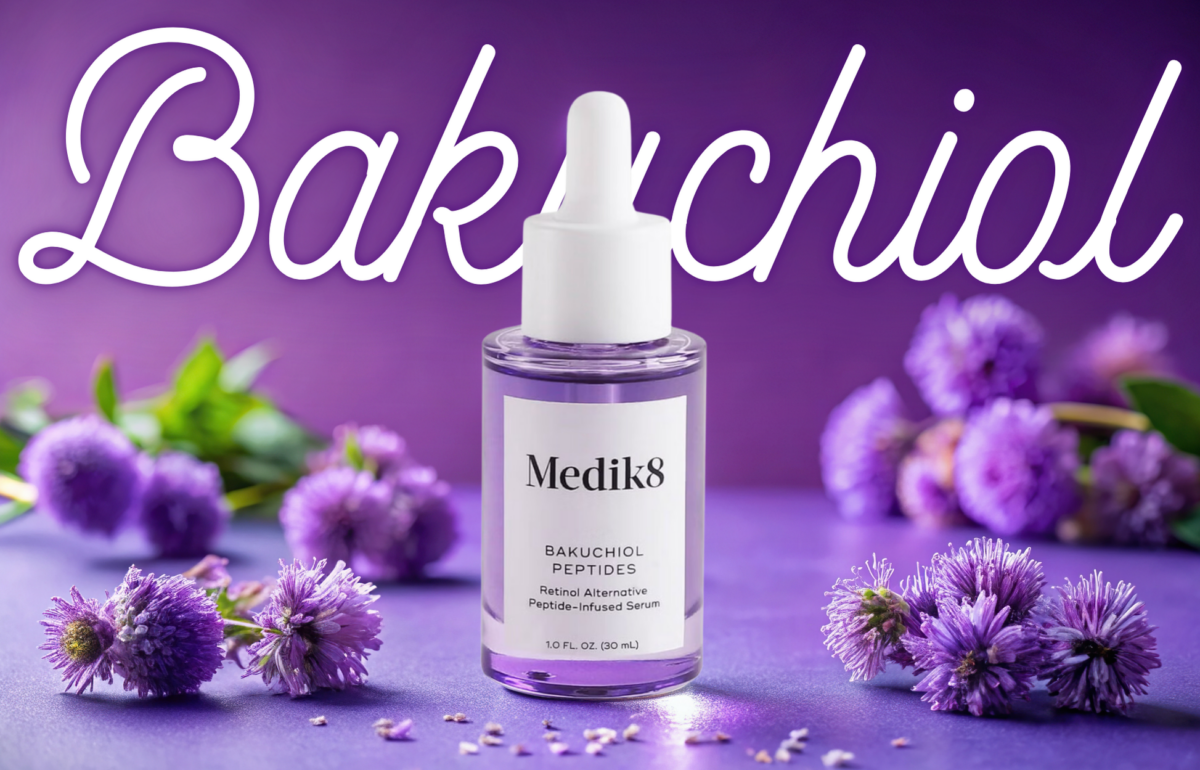
Is bakuchiol safe to use?
Compared to a lot of other skincare ingredients, bakuchiol is pretty mild, which correlates well with safety. There are no known side effects and very few reports of negative reactions to products with bakuchiol.
However, that’s not enough for us to conclude that bakuchiol is 100% safe. It hasn’t been reviewed for safety by the Cosmetic Ingredient Review (the body that advises the FDA on the safety of cosmetic ingredients), and it hasn’t undergone clinical testing the way a drug ingredient normally would.
As with any ingredient (and especially a naturally-derived one), there is some risk of allergy. That’s why we always recommend testing new products for a few days on a small patch of skin before using it on the face.
Finally, another question worth considering is whether bakuchiol is safe to use during pregnancy. While there is no research that proves that bakuchiol is safe during pregnancy, there is also little reason to believe it could cause any issues. With that said, if you’re pregnant, it’s always best to consult your doctor to make sure your entire wellness routine is safe.
Incorporating Bakuchiol Into Your Routine
Bakuchiol is one of those ingredients that can fit into any part of your routine. It’s not phototoxic, so you can happily use it in the morning, and you can’t overdo it, so you can use it at night as well.
It’s most commonly sold in serums, so the best way to use it would be after toner (if you’ve used one) and before moisturizer or sunscreen. Some brands produce bakuchiol in other products, like lotions, pads, toners, and even cleansers. In your routine, use your bakuchiol-infused product the same way you would if it didn’t have bakuchiol in it.
Top Bakuchiol Skincare Products
Would you like to add bakuchiol to your beauty routine? Here are a few of our favorite bakuchiol products.

